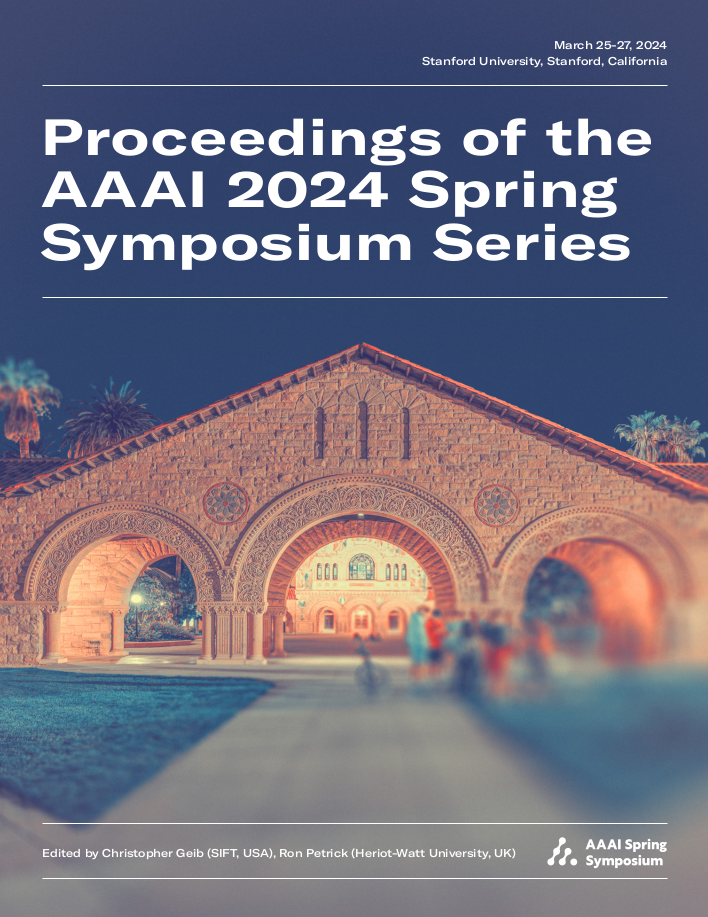What Can Computers Do Now? Dreyfus Revisited for the Third Wave of Artificial Intelligence
DOI:
https://doi.org/10.1609/aaaiss.v3i1.31207Keywords:
Hybrid AI, What Computers Can't Do, Hubert L. Dreyfus, Limitaions, Artificial General IntelligenceAbstract
In recent years, artificial intelligence (AI) has seen significant advances that have in fact exceeded even optimistic prognoses. Using data-driven AI, namely deep learning techniques, it has been demonstrated that computers may now be equipped with abilities of remarkable scope and quality, such as solving image and text processing tasks at human level. Large language models, in particular, have sparked debates regarding opportunities and challenges of this rapidly developing area. Will remaining fundamental challenges of data-driven AI, such as factual or logical mistakes, be overcome for good if complemented and hybridized with symbolic AI techniques, such as knowledge representation and reasoning? Will systems of artificial general intelligence (AGI) emerge from this, possessing common sense and in fact completing the decades-old quest for AI that motivated the raise of the field in the 1950s? In the light of these questions, we review the likewise, decades-old philosophical debate about capabilities and limitations of computers from a hybrid AI point of view. Here, we discuss how hybrid AI is coming closer to disproving Hubert Dreyfus’ famous statements regarding what computers can not do. At the same time, we shed light on a lesser discussed challenge for hybrid AI: the possibility that its developers might be its biggest limiters.Downloads
Published
2024-05-20
Issue
Section
Empowering Machine Learning and Large Language Models with Domain and Commonsense Knowledge

